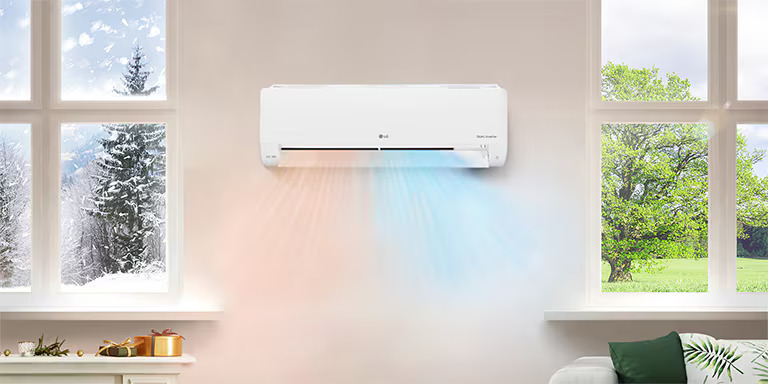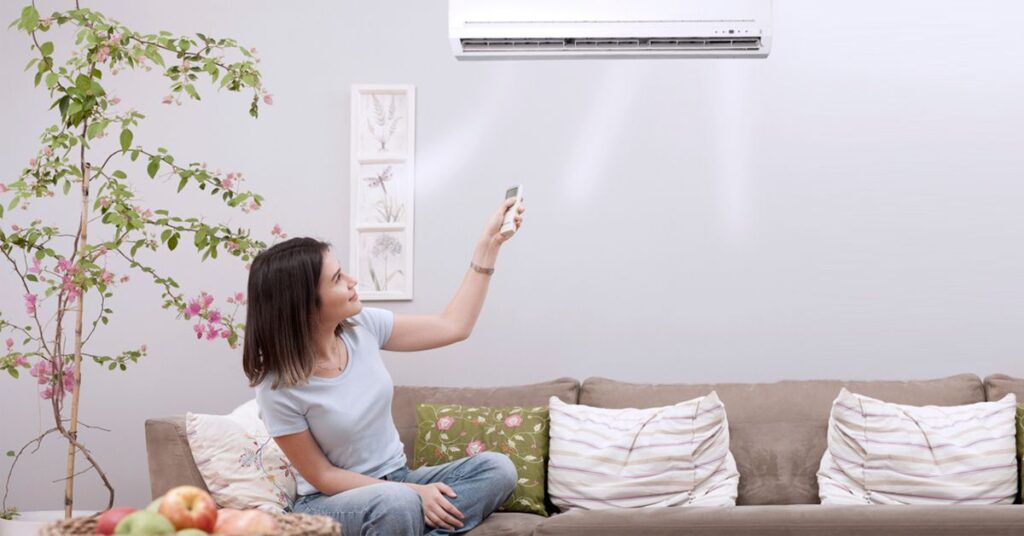Air conditioners (ACs) have become an indispensable part of modern life, providing comfort in scorching summers and enabling productivity in various indoor environments. However, as the demand for air conditioning continues to rise globally, concerns about its environmental impact, contribution to global warming, and energy consumption have become more pronounced. This article explores the multifaceted impact of air conditioners on the environment, offers insights into the ideal temperature for AC operation, provides tips for reducing electricity bills, and discusses the pros and cons of AC usage on vulnerable groups like newborns and the elderly. Additionally, it evaluates whether the habit of using air conditioners is inherently safe.

Environmental Impact of Air Conditioners
Air conditioners significantly contribute to environmental degradation and global warming through various mechanisms:
- Energy Consumption: ACs consume vast amounts of electricity, primarily sourced from fossil fuels, which release greenhouse gases such as carbon dioxide (CO2) during combustion. The widespread use of ACs exacerbates the demand for electricity, intensifying carbon emissions and accelerating climate change.
- Refrigerants: Traditional AC units utilize refrigerants like hydrochlorofluorocarbons (HCFCs) and hydrofluorocarbons (HFCs), which are potent greenhouse gases with high global warming potentials. Leakage of these refrigerants during manufacturing, operation, or disposal can lead to ozone depletion and contribute to climate change.
- Heat Island Effect: The continuous operation of ACs generates waste heat, which is expelled outdoors, raising local temperatures and exacerbating urban heat island effects in densely populated areas.

Best Temperature for AC Operation
Determining the optimal temperature for AC operation is crucial for minimizing energy consumption and environmental impact while ensuring occupant comfort. The U.S. Department of Energy recommends setting thermostats to 78°F (25.5°C) during the summer months for a balance between comfort and energy efficiency. However, individual preferences and climate conditions may vary, and adjusting the thermostat by a few degrees can lead to significant energy savings.
Tips to Reduce Electricity Bills
To mitigate the financial burden associated with prolonged AC usage, consider implementing the following energy-saving measures:
- Programmable Thermostats: Install programmable or smart thermostats to automatically adjust temperature settings based on occupancy patterns and time of day, optimizing energy usage.
- Regular Maintenance: Keep AC units well-maintained by cleaning or replacing filters, checking for leaks, and scheduling professional inspections to ensure optimal performance and energy efficiency.
- Strategic Ventilation: Utilize natural ventilation techniques such as cross-ventilation, window shading, and the use of ceiling fans to reduce reliance on ACs during cooler hours of the day.
- Zone Cooling: If possible, implement zone cooling systems to selectively cool occupied areas rather than cooling the entire building, thereby reducing energy consumption.

Pros and Cons for Vulnerable Groups
Newborns and elderly individuals are particularly susceptible to the effects of extreme temperatures and air quality, making them more vulnerable to the consequences of AC usage:
Pros:
- Comfort and Health: ACs can provide a comfortable indoor environment, regulating temperature and humidity levels to promote better sleep and overall well-being.
- Allergy Management: Filtered AC systems can reduce indoor air pollutants such as pollen, dust, and mold spores, benefiting individuals with respiratory conditions or allergies.
Cons:
- Dehydration: Prolonged exposure to conditioned air can lead to dehydration, especially in infants and seniors, who may have reduced fluid intake or impaired thermoregulation.
- Respiratory Issues: Poorly maintained AC units or inadequate ventilation can worsen indoor air quality, triggering respiratory symptoms or exacerbating existing conditions such as asthma or allergies.

Is the Habit of Air Conditioning Safe?
The habit of using air conditioners can be considered safe when practiced responsibly and in moderation. However, overreliance on ACs without regard for energy efficiency or environmental impact can pose risks to both human health and the planet. Adopting sustainable cooling practices, such as optimizing temperature settings, improving insulation, and investing in energy-efficient HVAC systems, is essential for mitigating the adverse effects of air conditioning on the environment and reducing its long-term consequences.
While air conditioners offer undeniable benefits in terms of comfort and convenience, their widespread adoption comes with significant environmental and health implications. By understanding the environmental impact of ACs, optimizing temperature settings, implementing energy-saving measures, and considering the needs of vulnerable groups, individuals can mitigate the negative effects of air conditioning while ensuring a sustainable and comfortable indoor environment for all. Balancing the benefits of AC usage with responsible consumption practices is crucial for mitigating the environmental footprint of cooling technologies and preserving the planet for future generations.

